Ancient Chinese merchants were among the first entrepreneurs. They have found a unique way to manage risk in international trade. They distributed their goods for sale on several ships and released at...
Over time, the icon of the businessman has emerged in the public perception as serious men dressed in suits, with huge responsibilities, working in a stressful environment and applying a constructive ...
To provide a European perspective and assess how Georgia meets the conditions for obtaining candidate status - this was the verdict of the European Commission of June 17, 2022, which all of Georgia wa...
For most companies 2022 started with the question – How to deal with post-pandemic and the war? To answer this question we firstly need to look closer to the challenges most companie...
Every morning my child starts the morning with a milk breakfast. Of course, when purchasing dairy products, I try to make the best choice, no matter how much they cost. Well, in the evenin...
From the very beginning of the war in Ukraine, it was difficult for the whole world to imagine what courage, courage, patriotism, and desire for freedom the Ukrainian people have. Although the strateg...

 5 july, 2022
5 july, 2022
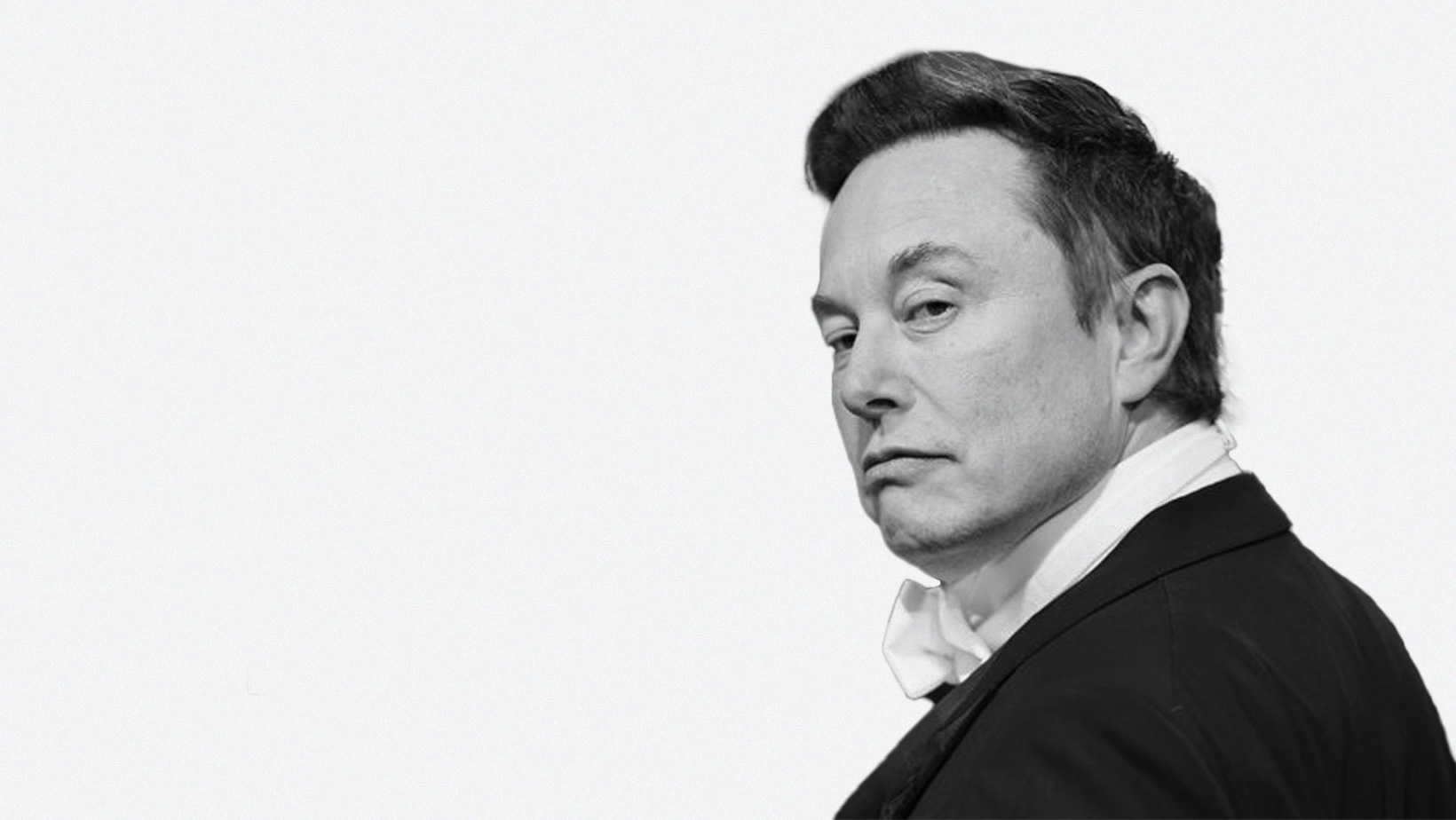
 23 june, 2022
23 june, 2022
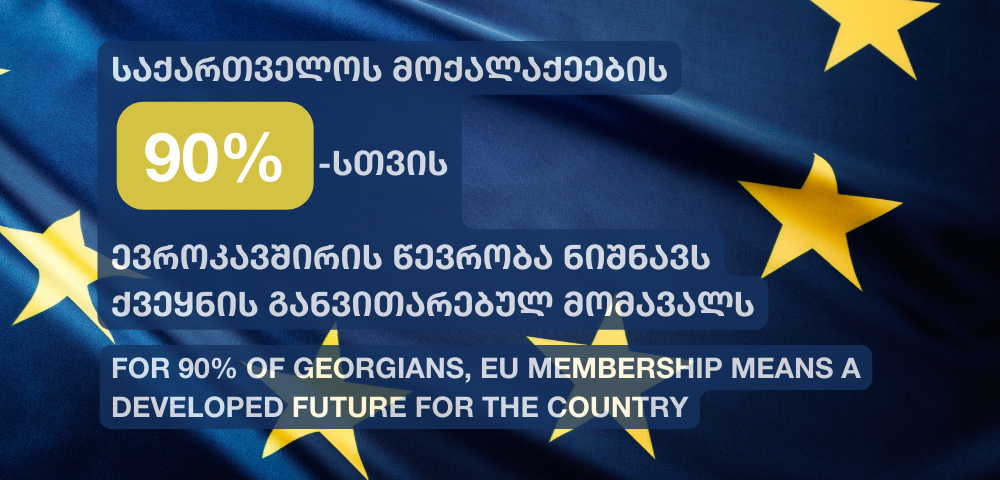
 20 june, 2022
20 june, 2022
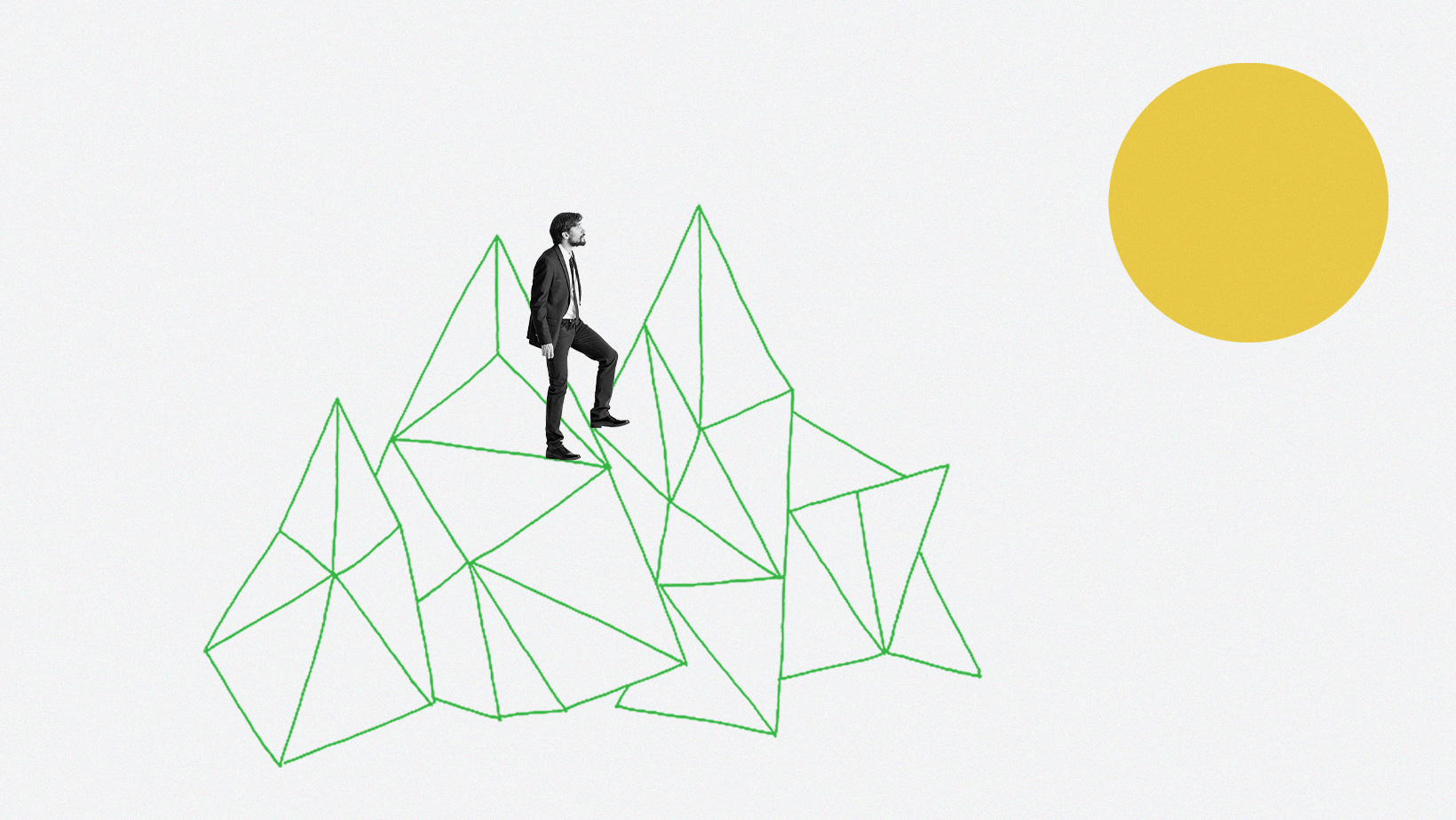
 13 june, 2022
13 june, 2022
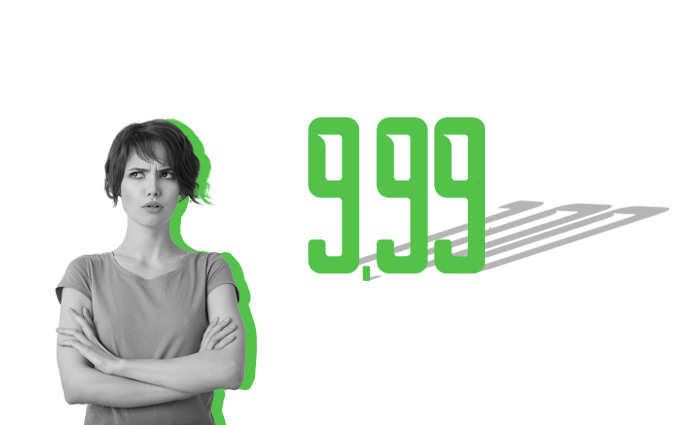
 3 May, 2022
3 May, 2022
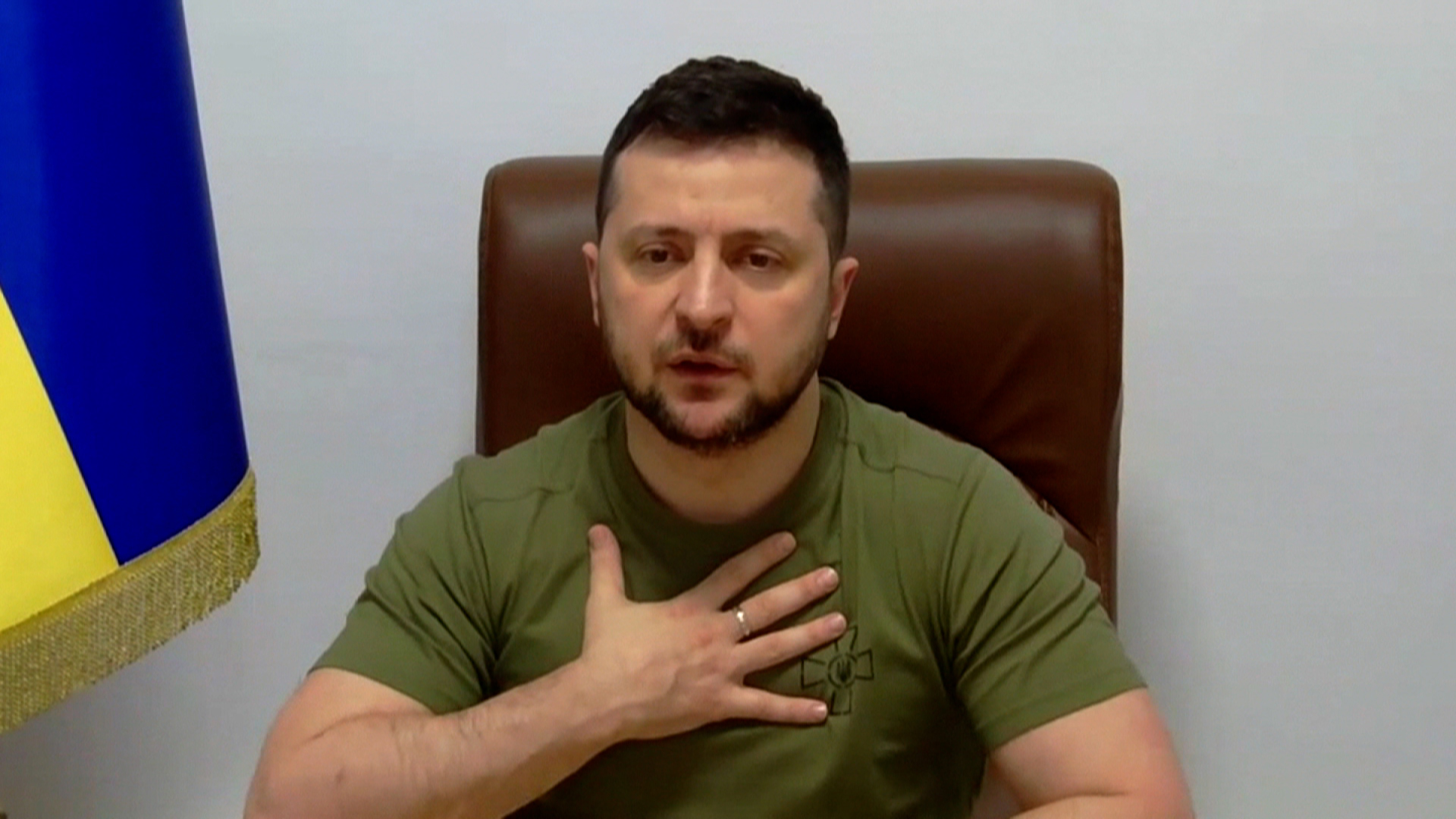
 14 April, 2022
14 April, 2022